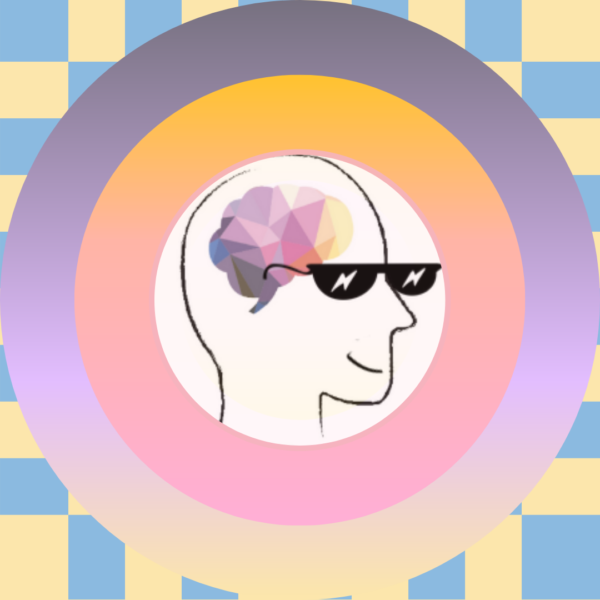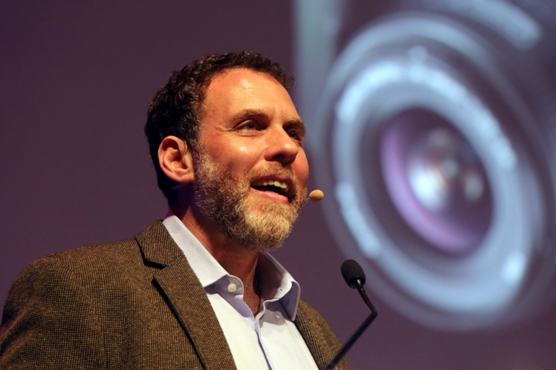Moral Psychology

How do we become moral people? I’m sure you didn’t leave the hospital after you were born knowing exactly what decision to make in every situation, and if you did, you should definitely win some sort of award for that, or maybe you’re an Avenger🦸. In either case, good for you, but for the rest of us, our moral compasses develop over time. But how?
Moral psychology differs from the philosophical study of morality because the psychology aspect focuses not just on what decisions we make but why and how we make those decisions. Moral psychology considers what factors go into creating our own sense of moral judgment⚖️. Are we morally motivated to do something because we genuinely want to help others, or do we secretly gain something from such acts? It’s no secret that doing good deeds and making good choices make us feel good about ourselves and bragging about these good deeds and choices on social media makes us feel even better. But this can’t be the only reason we do good things. Maybe we just want to avoid the negative feelings that go along with bad decisions. Are some reasons better or more moral than others?
Videos
Moral Psychology | Ethics Defined
McCombs School of Business
-
 Moral Psychology | Ethics Defined
Moral Psychology | Ethics Defined
-
The Trolley Problem: Video Teaching Tool
-
 Monkeys and Morality
Monkeys and Morality
-
 Kohlberg’s 6 Stages of Moral Development
Kohlberg’s 6 Stages of Moral Development
Key Texts
-
In a Different Voice: Psychological Theory and Women’s Development
Carol Gilligan -
Moral Tribes: Emotion, Reason, and the Gap Between Us and Them
Joshua Greene -
Groundwork of the Metaphysics of Morals
Immanuel Kant -
The Philosophy of Moral Development: Moral Stages and the Idea of Justice
Lawrence Kohlberg -
Moral Psychology
Daniel Lapsley -
The Moral Judgement of the Child
Jean Piaget -
Moral Psychology, The Evolution of Morality: Adaptations and Innateness
Sinnott-Armstrong & Walter -
The Oxford Handbook of Contemporary Philosophy – Chapter 4: Moral Psychology
R. Jay Wallace
Want to Know More?
-
The Moral Emotions
Jonathan Haidt -
Morality
John Haidt and Selin Kesebir -
Moral Development
Internet Encyclopedia of Philosophy -
Moral Psychology: Empirical Approaches
Stanford Encyclopedia of Philosophy
Questions to Think About
-
How does morality develop?
-
Why do you we find some things morally right and others morally wrong?
-
Can our morality change over time?
-
What motivates us morally?
-
How do we provide evidence for moral reasoning?
-
Is morality just a human concept? Can it develop in other animals?
-
Do all humans develop their moral systems in the same way?
Key Thinkers
-

Jean Piaget
-

Lawrence Kohlberg
-

Carol Gilligan
-

Joshua Greene
“Jean Piaget” by mirjoran is licensed with CC BY 2.0. To view a copy of this license, visit https://creativecommons.org/licenses/by/2.0/. https://www.flickr.com/photos/78476384@N00/455878802
“File:Carol Gilligan P1010970 – cropped.jpg” by Deror avi ; cropped by User:Ravit is licensed with CC BY-SA 3.0. To view a copy of this license, visit https://creativecommons.org/licenses/by-sa/3.0. https://commons.wikimedia.org/w/index.php?curid=15391210
“Joshua Greene no Fronteiras do Pensamento São Paulo 2018” by fronteirasweb is licensed with CC BY-SA 2.0. To view a copy of this license, visit https://creativecommons.org/licenses/by-sa/2.0/. https://www.flickr.com/photos/61838152@N06/41837663544
Key Terms
-
- Judgment
- the ability to make considered decisions or come to sensible conclusions
-
- Motivation
- the reason(s) one has for acting or behaving in a certain way
-
- Sensitivity
- being able to notice and interpret right and wrong in a situation
-
- Reasoning
- the action of thinking of something in a logical, sensible way
-
- Preconventional Morality
- stage of moral development where morality is controlled by external forced such as rules, according to Kohlberg
-
- Conventional Morality
- stage of moral development where morality is tied to relationships with others and with the self, according to Kohlberg
-
- Postconventional Morality
- stage of moral development where morality is more abstract and stems from personal values and ideals, according to Kohlberg
Similar Starter Packs
-
Normative Ethical Theory
What makes an action good or bad? This resource explores ways to approach this question and other ethical decisions.
-
Philosophy of Mind
What is the mind? Is it the same as the brain? This resource explores the branch of philosophy that considers perspectives of consciousness as either part of the brain or a completely separate entity.






